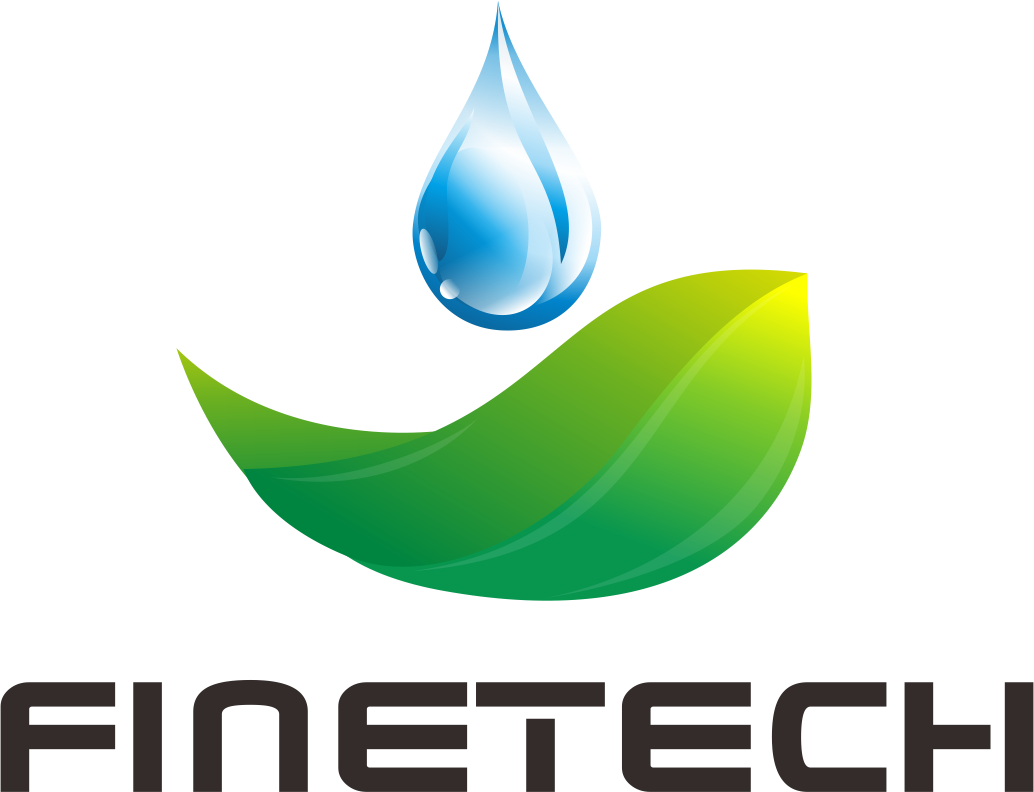
Vitamin B12: 10 things you want to know
Table of contents
Hide
Vitamin B12, also known as cobalamin, is an essential nutrient important for red blood cell formation, nerve function, and DNA synthesis. Found primarily in animal products like meat, fish, and dairy, it is crucial for maintaining energy levels and overall neurological health.
Table of Contents


How Can Buyers Choose Reliable Sodium Erythorbate Suppliers?
14 2 月, 2026
Unreliable suppliers send

How Can Buyers Minimize Risks in Sodium Erythorbate Trade?
14 2 月, 2026
Buying Sodium Erythorbate
